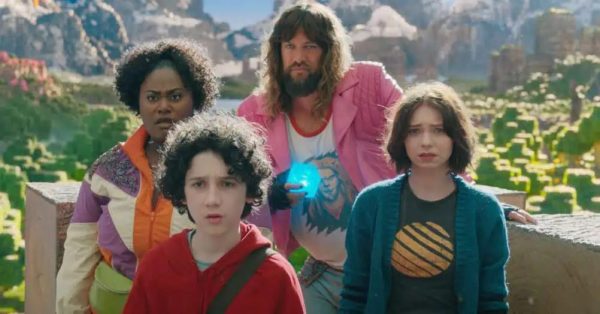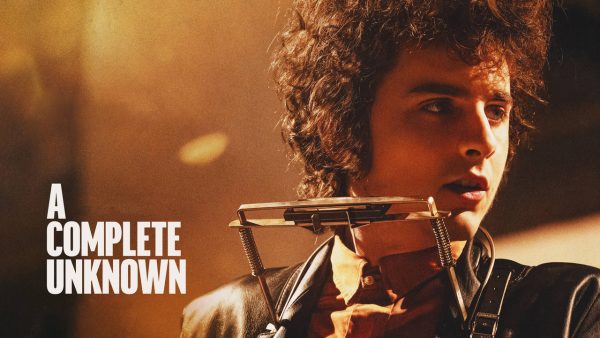Gamers Speak Out
In 2017, new game releases or console announcements are often as celebrated and anticipated as blockbuster films. Development costs and production values have skyrocketed in recent years, and gaming has become a core facet of American pop culture, with recent releases such as Destiny 2 receiving widespread advertising both on television and the Internet. However, throughout the short life of the medium, gaming has suffered numerous blows to its reputation. While perception of gaming as a legitimate art form has improved since the iconic 1972 release of the basic tennis game Pong, many people still harbor misconceptions, stigma, and concerns about video games as they become more integrated into our culture. Among these concerns is the fear that video games isolate young people from their families, friends, and extracurricular activities as students spend much of their time in their rooms with their hands on a keyboard or controller and their eyes locked on a screen. Others believe that violent video games have the ability to bring out violent tendencies in gamers, especially teenagers. How much weight do these claims hold among the people here at Randall?
Steve Mathews, a physics and astronomy teacher at the school, has been playing video games and loving them since Pong.
“The game was a huge deal to us,” Mathews said. “We had never seen anything like it. Average people didn’t even know anything about something like the Internet, and Internet services took a while to get to the Panhandle, but once they got here, (gaming) exploded.”
Mathews stresses the importance of looking at video games from a fair perspective rather than automatically assuming all violent games are inherently harmful.
“(Controversy) has being going on for years,” Mathews said. “A game isn’t going to make you go out and hurt people unless you’re really mentally unbalanced to begin with. For me, it’s a way of releasing a lot of built-up tension and spending time with friends online. But just like anything, too much of it is not good.”
Many students at Randall are passionate about gaming, such as one student who wishes to remain anonymous.
“For a long time, gaming was everything I had,” the student said. “When I got home from school and played something like League of Legends or Doom, I was escaping all the bad things happening around me. My computer was my safe spot when I got home every day. ”
Some parents argue that a child who plays video games often will become isolated and lose touch with their social life.
“My parents think my games will make me go crazy or keep me from hanging out with my friends in real life, but last I checked, I haven’t hurt anyone or stopped having friends,” the student said. “I love games, but I don’t let them eat up my life. Anything can be addictive if you let it.”
Although some do not view video games as a legitimate and valid hobby, the student says he hopes in time non-gamers will become more accepting of the gaming community.
“Video games aren’t accepted on the same level as music or movies yet,” the student explained. “Non-gamers don’t understand that for a lot of us, games can make connections between people all over the world and make us happy in tough times, but that’s okay. I think the world just needs a little time to learn.”








